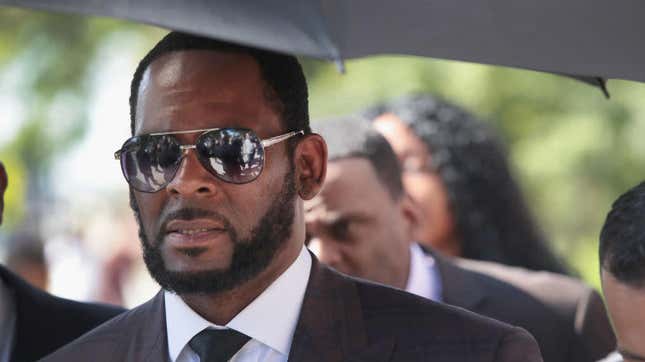

When Lifetime’s Surviving R. Kelly series premiered nearly a year ago, its collection of testimonies from women who say they were abused by Kelly set something off in its viewers and law enforcement that no new piece of reporting from the past few years had done. Despite the investigations, interviews, and public history of Kelly’s incidents with underage girls, it was only after Surviving R. Kelly that police in several states began to hone in on its allegations. Kelly currently faces charges for racketeering, child pornography, and sex crime charges in multiple states.
On January 2, the second installment of Surviving R. Kelly premieres, picking up where the first left off. Here are a few big takeaways from new episodes.
-

-

-

-

-

-

-

-

-

-

-

-

-

-

-

-

-

-

-

-

-

-

-

-

-

-

-

-

-

-

-

-

-

-

-

-

-

-

-

-








































